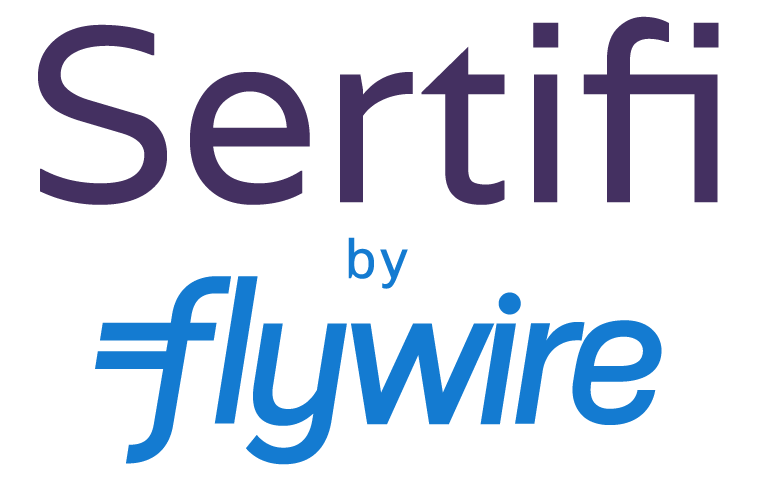Hotel Payment Processing Series: Compiling Compelling Evidence to Fight Hotel Chargebacks
To dispute a chargeback, hoteliers have the option to submit a representment case, in which you submit evidence to your bank that proves the transaction was approved by the cardholder and completed properly. Compiling the right evidence is critical in winning your case. Read on for insights that can help set your staff up for success.
What counts as "compelling evidence” in a hotel chargeback response?
You’ll want to provide any proof of transaction legitimacy and that the guest (cardholder) was aware of what they were being charged for. This includes:
- A copy of the transaction receipt or order form.
- Copies of communications made with the guest who filed the chargeback.
- Evidence that proves the transaction was approved and authorized by the guest, e.g., a signed document that describes the product or service being purchased.
- Proof that you have cardholder verification enabled, e.g., via 3-D Secure.
- A copy of your refund policy (which should also be easy to find on your website and shared with guests before a transaction is made).
Understanding the reason code for the chargeback will help you decide what to compile.
Visa’s New “Compelling Evidence 3.0” (CE3.0)
Credit card networks make regular updates to their policies and mandates to stay ahead in fraud prevention. Effective April 15, 2023, Visa introduced Compelling Evidence 3.0, otherwise known as CE3.0, as new way for merchants to counter false claims of fraud.
Merchants can provide two previous undisputed transactions using the same payment credentials – for example, transactions made by a loyalty member and their rewards card – hereby establishing a clear and direct relationship between you and your guest. If evidence standards are met, reversal of a chargeback under reason code 10.4 Fraud – Card-Absent Environment is guaranteed.
Records must meet the following criteria:
- The transactions must be between 120 days and 365 days old as of the dispute date.
- Original credit transactions may be less than 120 days old.
- Either the IP address or the device ID/fingerprint must match across all three transactions.
- One additional element from the following list must also match across all three transactions: IP address, device ID/Fingerprint, user ID, or shipping address.
Bonus: if you submit transaction data that meets all these criteria, the liability shifts to the card issuer.
Carefully review the guest’s payment history in your PMS – not just transactions made within your own property but other properties within your brand. If you can identify positive past stays, and especially show lots of activity, you’re in a good position to win your case. You can also check to see if a reservation was cancelled outside a cancellation window, which indicates the guest submitted a chargeback to avoid a cancellation fee.
Time is of the essence in chargeback representment cases. Proactively preparing for disputes and understanding the process is the first step. And ultimately, it’s of course easiest to invest in a fraud prevention strategy and reduce your risk of chargebacks altogether.
Get paid faster and reduce payment fraud with Sertifi.
Simplify selling by electronically capturing payments and agreement e-signatures from one secure platform. Behind the scenes, SertifiPay processes payments in a fast, PCI-compliant manner at a lower cost to you. Our customers have saved up to $175k a year in processing fees.

